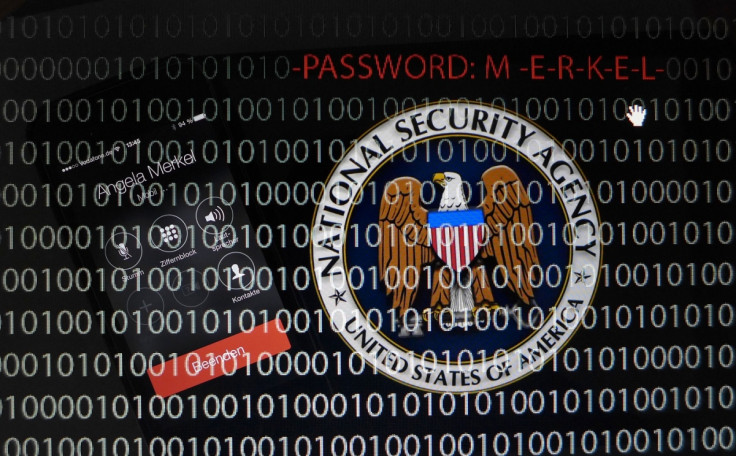NSA Accused of Collecting 200 Million Text Messages Per Day

The US National Security Agency (NSA) collected about 200 million text messages per day across the globe as part of its surveillance measures, according to a joint investigation report by the Guardian and Britain's Channel 4 News.
The disclosure, based on material provided by NSA whistleblower Edward Snowden, shows that the spy agency used the collection and storage of SMS messages to extract information on people's travel plans, contact books, financial transactions and credit card details.
The NSA used a programme, codenamed Dishfire, to collect text messages. It also collected messages of individuals under no suspicion of illegal activity.
The investigation also found the UK spy agency GCHQ making use of the NSA database to search the metadata of communications by Britons.
GCHQ documents said that Dishfire collects "pretty much everything it can", rather than merely storing the communications of existing surveillance targets, according to the report.
The fresh revelation is likely to intensify international pressure on President Barack Obama, at a time when he is due to give his response on the NSA's activities to a review panel.
On 3 January, the US Foreign Intelligence Surveillance (FISA) court renewed the NSA phone collection programme, following a periodic request by the US government. This was the 36th time the court approved the NSA's bulk collection of telephone metadata.
Administration's Continued Defence
The Obama administration faced severe criticism across the globe as documents leaked by Snowden revealed that the NSA tapped telephone conversations and spied on the internet activities of prominent people, including German chancellor Angela Merkel and Brazilian president Dilma Rousseff.
Snowden is currently a fugitive in Russia.
The administration and the intelligence office have defended the NSA's controversial surveillance programmes, saying they are required to ensure national security.
Obama is considering recommending a presidential advisory group for "transitioning the programme to one in which the data is held by telecommunications companies or a third party".
The advisory group presented 46 recommendations to change the NSA programmes in December. The recommendations included banning the NSA from collecting and storing phone records without obtaining separate court approval for each search.
Obama noted that he would review the recommendations and make necessary reforms in the NSA surveillance programmes.
© Copyright IBTimes 2025. All rights reserved.






















